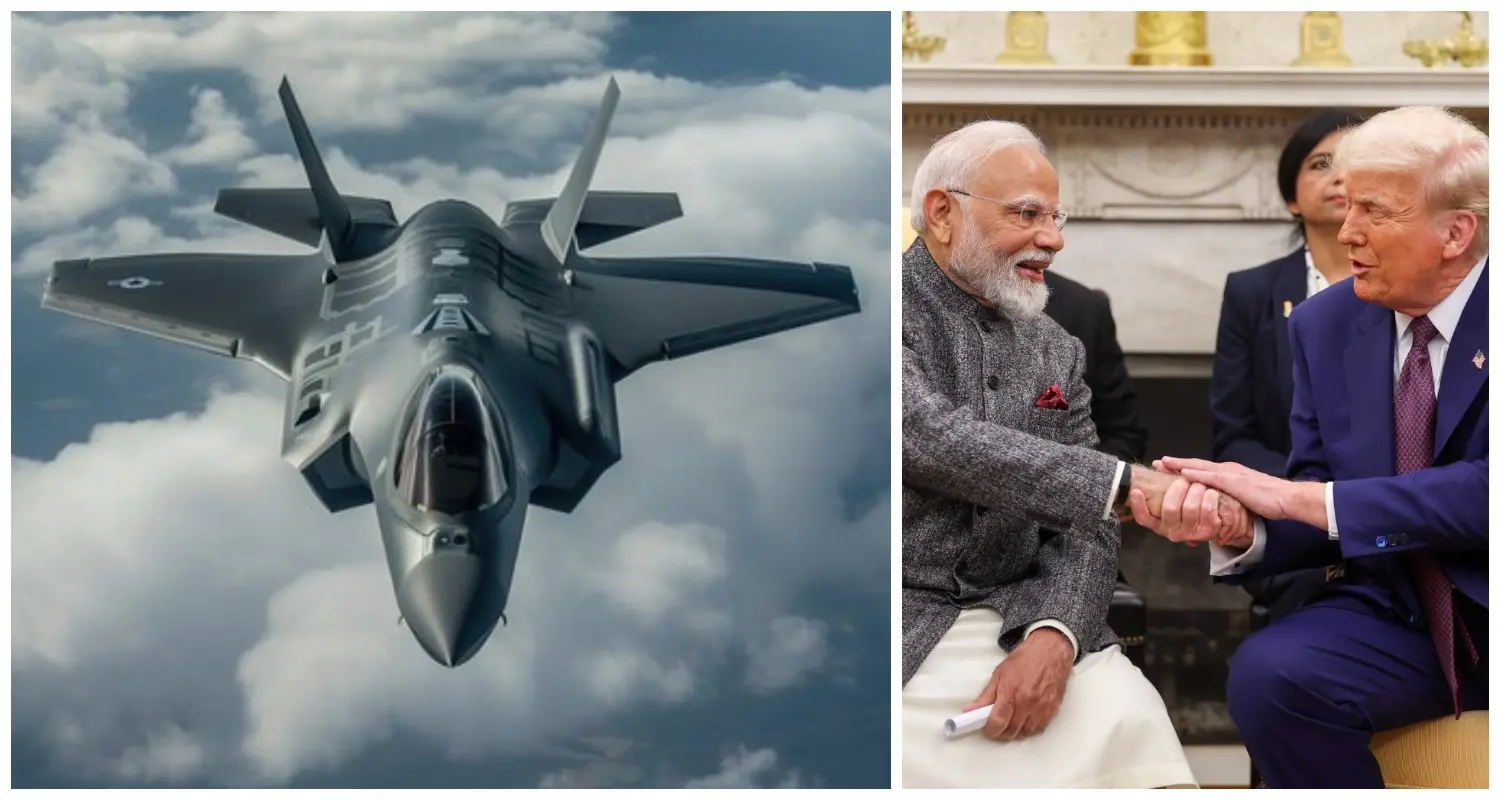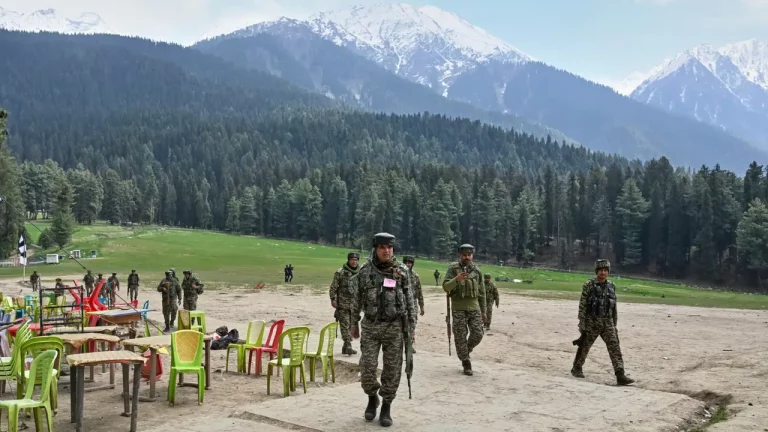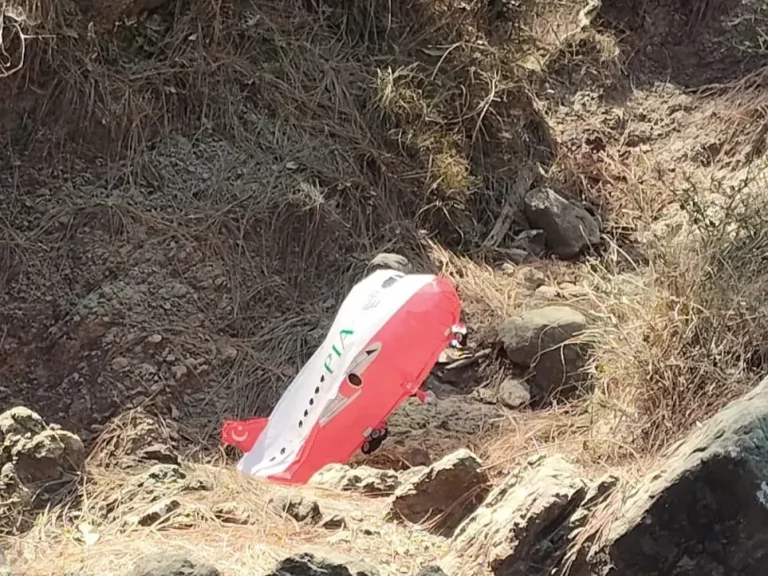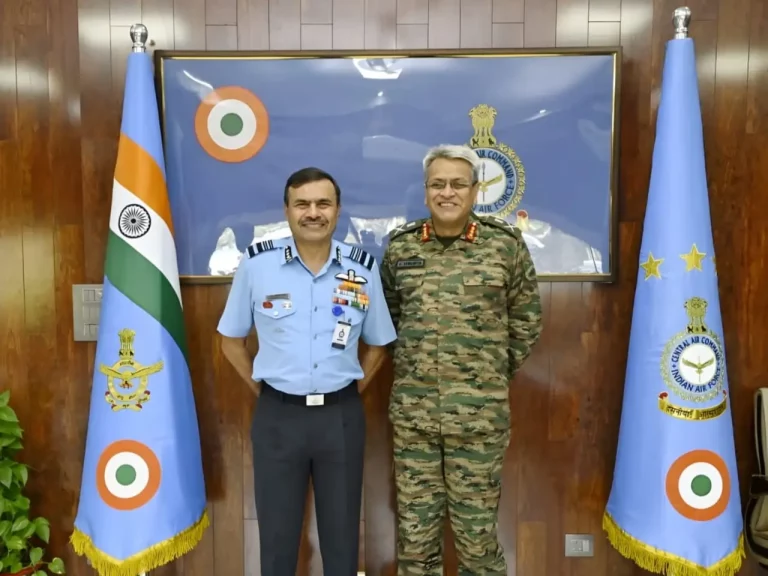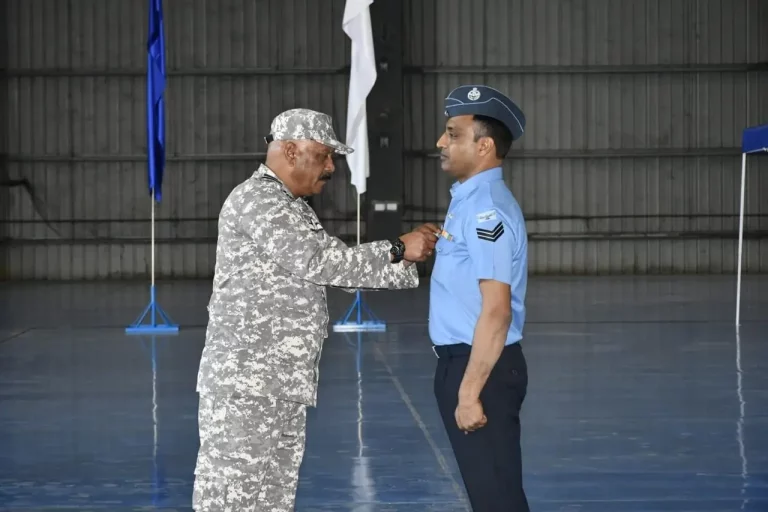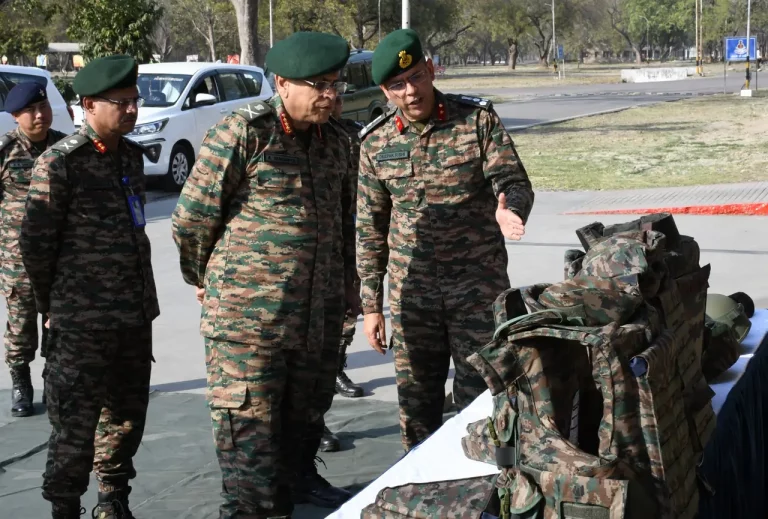The Government of India has clarified that there have been no formal discussions with the United States regarding the acquisition of F-35 fifth-generation fighter jets. This confirmation was made in response to a question posed in the Lok Sabha by Congress MP Balwant Baswant Wankhade.
Minister of State for External Affairs Kirti Vardhan Singh addressed the inquiry, stating that while the India-US joint statement following Prime Minister Narendra Modi’s visit to Washington in February 2025 referenced a potential review of US policy on advanced platform transfers, there have been no substantive negotiations or proposals related to the F-35 jets.
This clarification aligns with recent international media reports, including coverage from Bloomberg, indicating that India has not actively pursued immediate defense procurements from the US, particularly concerning the F-35 stealth fighters.
Instead, India’s focus appears to be on recalibrating its economic and diplomatic strategies following a recent 25% tariff hike imposed by the US on Indian exports. This tariff, announced by President Donald Trump and effective from August 1, 2025, reportedly took Indian officials by surprise. Rather than retaliating, India is looking to bolster imports from the US, particularly in areas such as natural gas, communication technology, and gold, to stabilize trade relations.
The central government’s position on the F-35 acquisition reflects a broader commitment to self-reliance in defense, as encapsulated in the “Make in India” initiative. During Modi’s visit to Washington, he reportedly expressed India’s preference for joint development projects rather than direct purchases of advanced military technology like the F-35A stealth jet, which was strongly advocated by President Trump.
Defense analysts interpret India’s decision to not pursue the F-35 offer as a strategic move aimed at preserving long-term sovereignty, despite existing limitations in domestic defense manufacturing and operational challenges associated with platforms such as the TEJAS fighter program. Furthermore, India is considering alternatives, including Russia’s Su-57 fifth-generation fighters, while also exploring deeper defense cooperation with countries like France.
Recent tensions in India-US relations have been exacerbated by President Trump’s critical remarks concerning India’s trade practices and its strategic alignment with Russia. His dismissive comments on social media, referring to India and Russia as “dead economies,” have led to diplomatic discomfort, although formal communication between the two nations remains ongoing, including US efforts in de-escalation talks following the April 22 Pahalgam terror attack.
In the midst of escalating trade frictions and changing geopolitical landscapes, the Indian government is committed to a non-escalatory, diplomatically balanced approach, emphasizing defense co-development, economic diplomacy, and the enhancement of indigenous capabilities as central components of its strategic policy.
